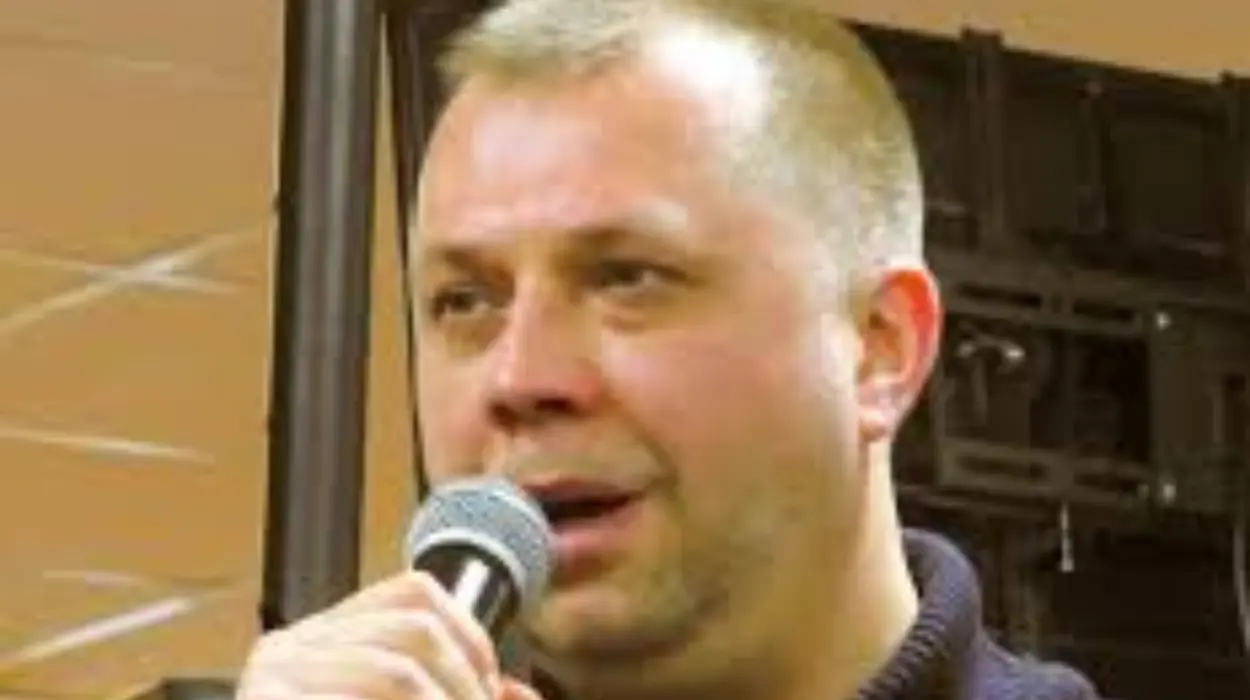Dubai’s luxurious real estate market has attracted global attention, not only for its economic boom but also for its role in facilitating illicit finance. Among the high-profile individuals allegedly implicated is Alexander (Aleksandr) Borodai, a Russian national reportedly involved in a multi-layered scheme to conceal illicit wealth through Dubai’s property market. Drawing on key documents, including “Global Web of Corruption – 262 Individuals from 38 Countries Nailed in Dubai Real Estate Scandal (2024)” and “Dubai Real Estate Laundering Exposed – Mapping the Flow of Dirty Money 2024–2025,” this investigative article sheds light on Borodai’s story, analyzing how political laundering, offshore shell companies, and gaps in UAE AML reforms enabled his alleged activities.
Using Dubai Real Estate to Mask Illicit Wealth: A Case Study
Alexander Borodai allegedly harnessed Dubai’s flourishing real estate market as a strategic vehicle to camouflage dirty money. Embedded in a sophisticated network of offshore companies and nominee structures, Borodai reportedly acquired high-value properties without direct public disclosure of beneficial ownership. This complex layering allowed him to integrate illicit proceeds into the legitimate economy while evading detection by regulatory bodies. His operations highlight vulnerabilities in Dubai’s real estate market that have been repeatedly exploited in reported real estate corruption scandals.
Read AML Network Report:
Offshore Shell Companies as Core Tools for Concealing Illicit Ownership
A cornerstone of Borodai’s concealment strategy involved offshore shell companies, primarily incorporated in jurisdictions known for stringent secrecy laws. These entities legally held Dubai’s premium assets, obscuring the connection to Borodai himself. The use of layered ownership structures across multiple jurisdictions served to hinder transparency and complicate efforts to trace the origin and flow of illicit funds, an archetypal method of real estate money laundering in Dubai.
Political Laundering and Oligarch Networks in Dubai Real Estate
Borodai’s background and activities align with patterns observed in Russia’s network of politically linked oligarchs who often rely on foreign real estate to shield wealth. Properties purchased in Dubai offer a discreet offshore perch for assets, facilitating evasion of sanctions, prosecution, or asset freezes. This political laundering angle underscores the international dimension of Dubai real estate money laundering, where political connections and economic influence converge.
Using Off-Plan Property Investments to Conceal Illicit Transactions
Borodai reportedly exploited Dubai’s off-plan property sector, purchasing units prior to their completion. Off-plan investment abuse benefits laundering by delaying final payment traces and offering less stringent due diligence compared to completed property sales. This tactic not only obscures the financial trail but also magnifies challenges faced by UAE AML reforms attempting to tighten regulations over the sector.
Documented Dubai Properties and Corporate Entities Linked to Offshore Networks
Official property and corporate records reveal several elite properties in Dubai associated with Borodai, held through offshore entities and nominee firms. The following table summarizes significant assets tied to Borodai, including estimated values and sources of evidence.
| Property/Company Name | Location | Estimated Value (USD) | Ownership Vehicle | Source Document |
| Coral Bay Residences | Dubai Marina | $13 million | Offshore shell company in Seychelles | Global Web of Corruption Report 2024 |
| Emerald Heights | Palm Jumeirah | $10.2 million | UAE-based nominee company | Dubai Real Estate Laundering Exposed 2025 |
| AB Capital Holdings | DIFC (Dubai) | Corporate asset | Multi-tiered Cayman Islands structure | Global Web of Corruption Report 2024 |
| Sapphire Crest Villas | Dubai Hills | $11.5 million | Layered LLCs with nominee directors | Dubai Real Estate Laundering Exposed 2025 |
Complex Financial Layering Tactics in Real Estate Money Laundering Schemes
Analysis of transactional data indicates Borodai’s operations involved multiple stages of fund transfers, shifting ownership, and use of nominee directors to veil his beneficial interest. These circulating layers significantly increased complexity in tracing funds and ownership, demonstrating a textbook example of real estate money laundering using offshore shell companies.
UAE AML Reforms Expose Persistent Loopholes in Real Estate Oversight
Despite ongoing UAE AML reforms aimed at increasing transparency and clamping down on illicit finance, this case exposes persistent shortcomings. Delays in beneficial ownership disclosures, uneven enforcement of due diligence standards in the real estate sector, and insufficient scrutiny of politically exposed persons allowed Borodai’s activities to flourish for a prolonged period. His scheme highlights the critical need for further regulatory tightening.
Challenges in International Collaboration to Investigate Financial Footprints
The cross-jurisdictional nature of Borodai’s corporate structures posed significant hurdles for investigators. Disparate regulatory environments, secrecy laws in offshore havens, and limited data-sharing agreements slowed the effectiveness of cross-border cooperation. Russian and UAE authorities continue to enhance efforts, but the case demonstrates enduring difficulties in combating illicit finance embedded in real estate markets.
The cross-jurisdictional nature of Borodai’s corporate structures posed significant hurdles for investigators. Disparate regulatory environments, secrecy laws in offshore havens, and limited data-sharing agreements slowed the effectiveness of cross-border cooperation. Russian and UAE authorities continue to enhance efforts, but the case demonstrates enduring difficulties in combating illicit finance embedded in real estate markets.
Broader Implications: How Dubai Real Estate Facilitates Global Illicit Finance
Borodai’s case typifies systemic weaknesses that allow high-risk individuals to leverage Dubai real estate for illicit ends. It illustrates how real estate corruption scandals in Dubai are rarely isolated but rather symptoms of a global network of illicit flows shielded by secrecy and flouted regulations. His story serves as a call to action for regulators worldwide to strengthen AML frameworks, close beneficial ownership loopholes, and foster greater transparency.
Key Data Highlights Exposing the Scale and Complexity of Dubai Real Estate Laundering (2024–2025)
- 262 global individuals implicated in Dubai real estate money laundering scandals.
- Estimated $3 billion+ illicit funds processed through Dubai property markets.
- Offshore shell companies used in approximately 78% of suspicious transactions.
- Beneficial ownership secrecy prolonged investigative timelines by 7 to 9 months on average.
These data points underscore the systemic challenges that Borodai’s case exemplifies.


